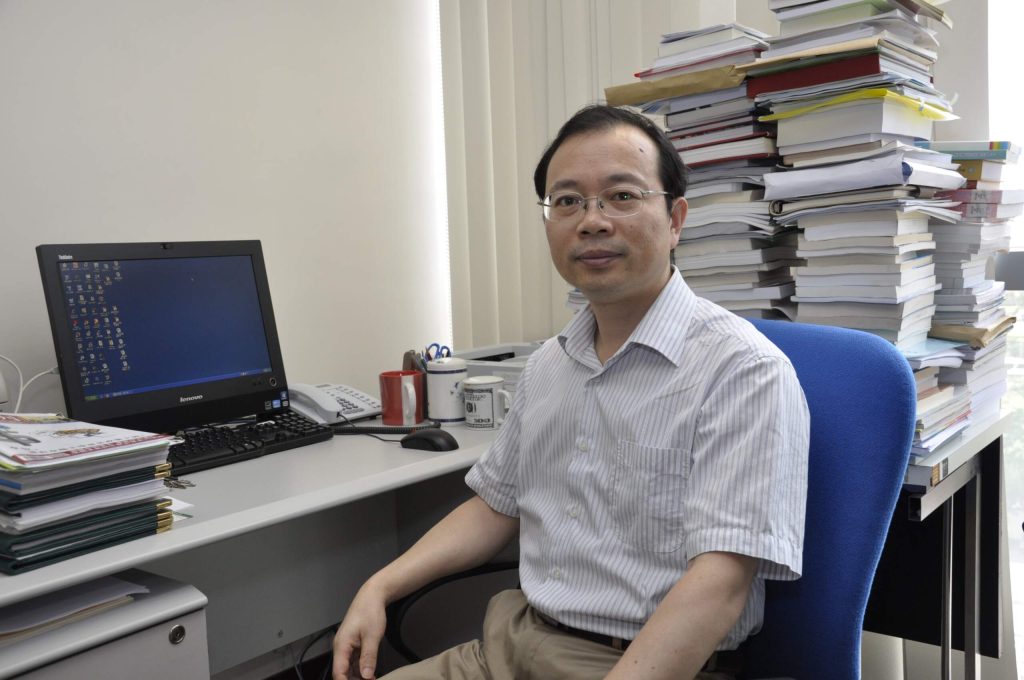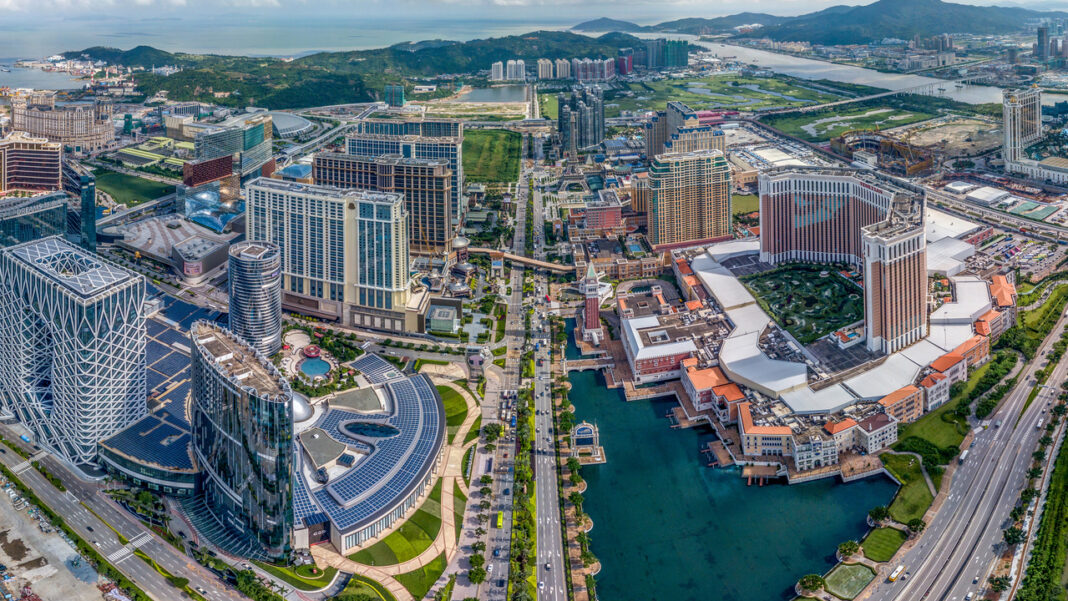The government’s objective of creating a new statistical category is to track and push gaming operators to fulfill non-gaming commitments, notes a scholar from the Macao Polytechnic University.

Speaking to AGB, Lou Shenghua, professor at the MPU Faculty of Humanities and Social Sciences, says that investing on non-gaming projects is “not just about investing money; it also needs to have output”, so creating the new data base to track its effectiveness “makes it easier for the government to supervise”.
Lou pointed out that the Macau SAR government has been trying to promote the appropriate diversification of economic development. However, the substantial profitability of the casinos has allowed the gaming industry to obtain resources (land, manpower, capital, etc.), making it exceedingly difficult for other industries to compete with the gaming sector.
Therefore, “to promote the appropriate diversification of the city’s economy, the participation of gaming operators is necessary.”
Lou was a former advisor to the Secretary for Administration and Justice of the Macau Government.
The new 10-year gaming contracts require gaming operators to assume more responsibility to promote non-gaming elements in Macau, as the six gaming operators have pledged to invest more than nearly $13.5 billion in non-gaming projects in the next decade.
In this context, the Macau Statistics and Census Service (DSEC) announced on Monday that it would create a new statistical category to track non-gaming projects. The task of DSEC also includes studying ‘methods for evaluating the effectiveness’ of these non-gaming projects. Under these circumstances, Lou says that input-output ratio indicators are generally used to evaluate effectiveness.
“Only output can drive the diversified development of Macau’s economy. If you only calculate input, and the output is not satisfactory, then it is also unable to achieve the goal of economic diversification,” notes the academic.
Regarding non-gaming investment commitments, the scholar mentions that there is no specific project promised by gaming operators when signing the contract with the government, so the companies need to find the corresponding projects.
In addition to gaming-related hotels, restaurants, MICE, etc., the concerts and art exhibitions hosted by gaming operators are also ‘new growth points’ for economic diversification. Lou also mentions the just-announced old district revitalization plans conducted by gaming operators that will produce economic benefits and suit the actual needs of Macau.
Lou affirms that for operators: “It is necessary to find non-gaming projects that can generate economic benefits and meet the needs of Macau and invest in them, which are feasible and effective.”
According to the government diversification plan, the gaming industry is expected to make up only 40 percent of Macau’s gross domestic product (GDP) by 2028, as the SAR government aims to increase the weight of non-gaming sectors to 60 percent. To achieve this goal, the professor believes the task is “onerous”.
“From the government’s perspective, on the one hand, it can guide the healthy development of the gaming industry and appropriately reduce the proportion of the gaming industry. On the other hand, by promoting the development of non-gambling industries, it can achieve a decline in the proportion of the gambling industry,” opines Lou.
In addition to commercial trades, among the four chosen industries, the financial industry is the most mature and conforms to the characteristics of Macau’s lack of land and other resources. Therefore, Lou considers that policy investment in the financial industry should be increased. Secondly, he points out that “the big health industry also has certain potential. Make good use of the resources of new hospitals. Attract out-of-town users”.























